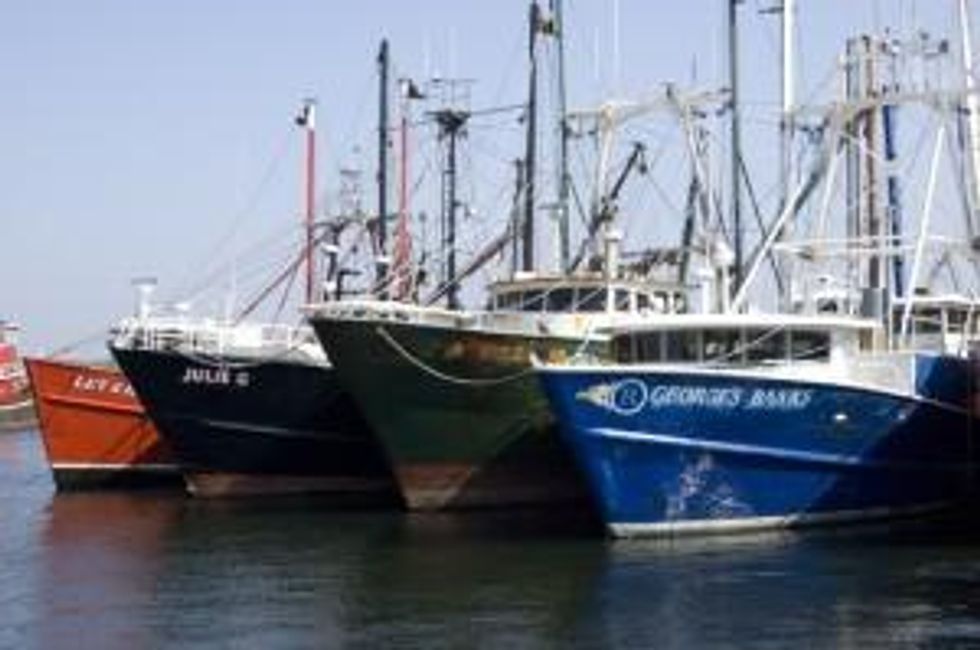Taking care of the oceans is a big challenge that needs the right solutions. That's why we oppose turning our fisheries into privatized markets through catch shares, filling our coastal waters with environmentally degrading factory fish farms, and forcing controversial private eco-labeling onto fisheries.
Not surprisingly, we were disappointed with the positions adopted by The Global Partnership for Oceans, a new international alliance, coordinated by The World Bank. This coalition of major environmental groups, governments, and private sector interests has a chance to work together to find real solutions to the challenges of sustainably managing the world's fisheries for the good of the oceans and the people who depend on them. Instead they're parroting some of the same negative policies we've opposed for years.
Although it is an organization tasked with reducing poverty in the world, the World Bank has yet again chosen to align itself with strategies that only increase income disparity. Catch shares consolidate control of fish to a small group of wealthy fishermen, forcing small-scale fishermen into bankruptcy and destroying coastal communities in the process.
In developing countries, poor populations rely on small coastal fish for an important source of protein, but factory fish farming takes unsustainable numbers of these fish to feed to factory-raised fish that are sold in wealthy countries. And the push to expand eco-labeling means that fishermen--who may be fishing sustainably but can't afford to buy into these pricey private labels--will be locked out of selling their product to grocery stores and restaurants demanding these certifications.
The Global Partnership for Oceans will meet for the first time in April 2012 to set their priorities. We hope they reconsider their advocacy for these broken strategies and instead go about the hard work of finding solutions that work for both the fish and people.



